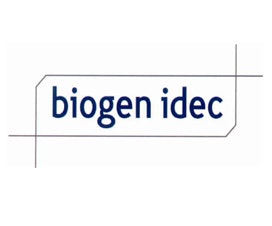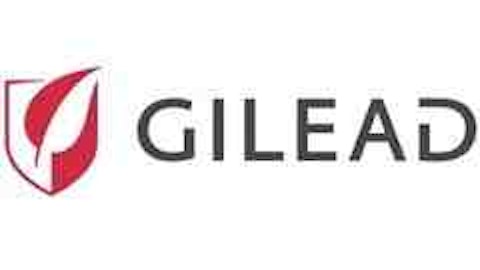Paul Sinclair‘s newly established healthcare-focused fund, Blue Jay Capital Management posted an impressive 12% return during the first quarter, significantly outperforming the S&P 500 ETF (SPY) that rose by a mere 0.9% during the same period. The above metric for Blue Jay is based on the weighted average returns of all 23 holdings in the fund’s equity portfolio, based on their size at the beginning of the quarter, and may be different than the fund’s actual returns. Major components of that equity portfolio are Receptos Inc (NASDAQ:RCPT), Cooper Companies Inc (NYSE:COO), Centene Corp (NYSE:CNC), Biogen Inc (NASDAQ:BIIB) and Mallinckrodt PLC (NYSE:MNK).

Paul Sinclair, with a MBA from Stanford Graduate School of Business, started his career at the investment bank Donaldson Luftkin & Jenrette. Later he moved to Merrill Lynch’s healthcare investment banking group before moving on to the hedge fund Vantis Capital Management in 2004, where he was in charge of the health science fund. After the firm closed in 2006, Sinclair set up his own shop, a health care equities fund called Expo Capital Management (by his fund’s names, Sinclair appears to be a fan of Canada’s baseball teams). The fund’s annual returns from 2007 through 2010 were 20%, 2.5%, 26% and 13%. The first slump came in 2011 as the fund lost some 8.7%. When the going got tougher and it fell another 6% by May of 2012, Sinclair thought it wise to liquidate his $458 million firm. This was the time of turbulent markets owing to Europe’s sovereign debt crisis and even strong company fundamentals couldn’t always save stock pickers. Following President Obama’s healthcare policies and the consequent surge in the healthcare sector, Sinclair thought it was an opportunity too good to pass up on. He decided to test the investment waters once again and fired up Blue Jay Capital’s engines in the fourth quarter of 2014. The market value of Blue Jay’s portfolio by the end of its debut quarter stood at $224.27 million.
We follow hedge funds because our research has shown that their stock picks historically managed to generate alpha even though the filings are 45 days delayed. We used a 60-day delay in our back tests to be on the safe side. Our research has shown that the 15 most popular small-cap stocks among hedge funds outperformed the S&P 500 Total Return Index by an average of 95 basis points per month between 1999 and 2012. After adjusting for risk, our calculations revealed that these stocks’ monthly alpha was 80 basis points. We have also been sharing and tracking the performance of these stocks since the end of August 2012. These stocks returned 132% over the last 2.5 years, outperforming the S&P 500 ETF by nearly 80 percentage points (see more details here).
Coming back to Blue Jay, the new fund held some 100,000 shares of Receptos Inc (NASDAQ:RCPT) valued at $12.25 million at the end of 2014. The holding represented 5.46% of the fund’s equity portfolio. The $4.8 billion biopharmaceutical company posted strong results in the first quarter as it appreciated by nearly 35%. Recently, there has also been chatter that the company might soon be acquired by a bigger one, as it is looking for a partner to help further the development of its promising treatment for multiple sclerosis. Receptos Inc (NASDAQ:RCPT)’s drug, called ozanimod, delivered promising mid-stage trial results and the company recently announced that it has completed enrollment for the drug’s phase 3 trial. Another prominent stockholder of the company is Phil Gross and Robert Atchinson‘s Adage Capital Management.




